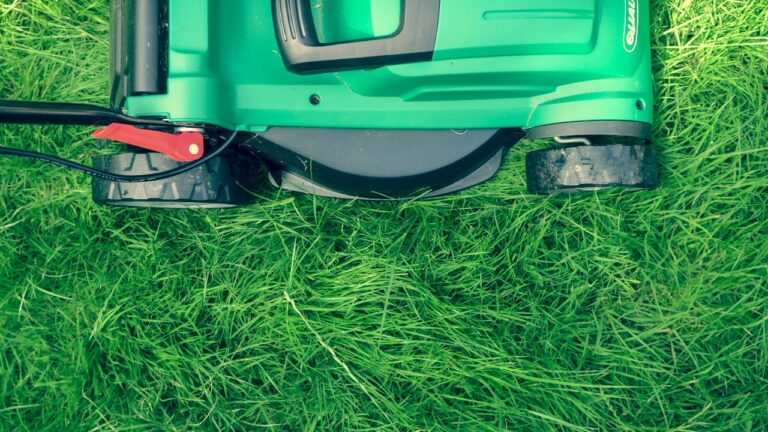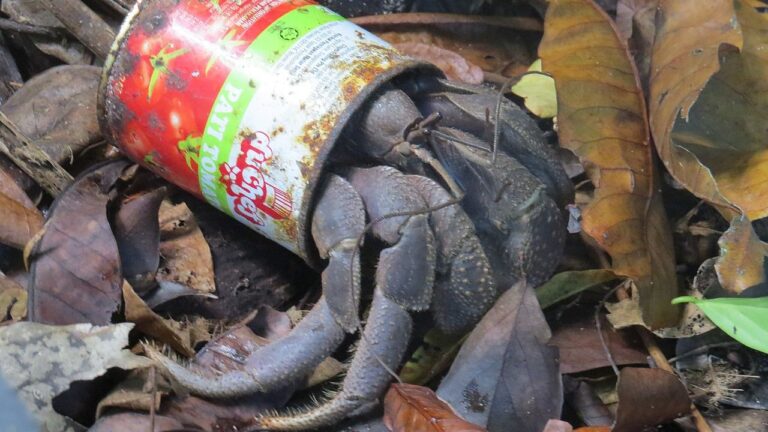14 Tips for Starting a Balcony Garden
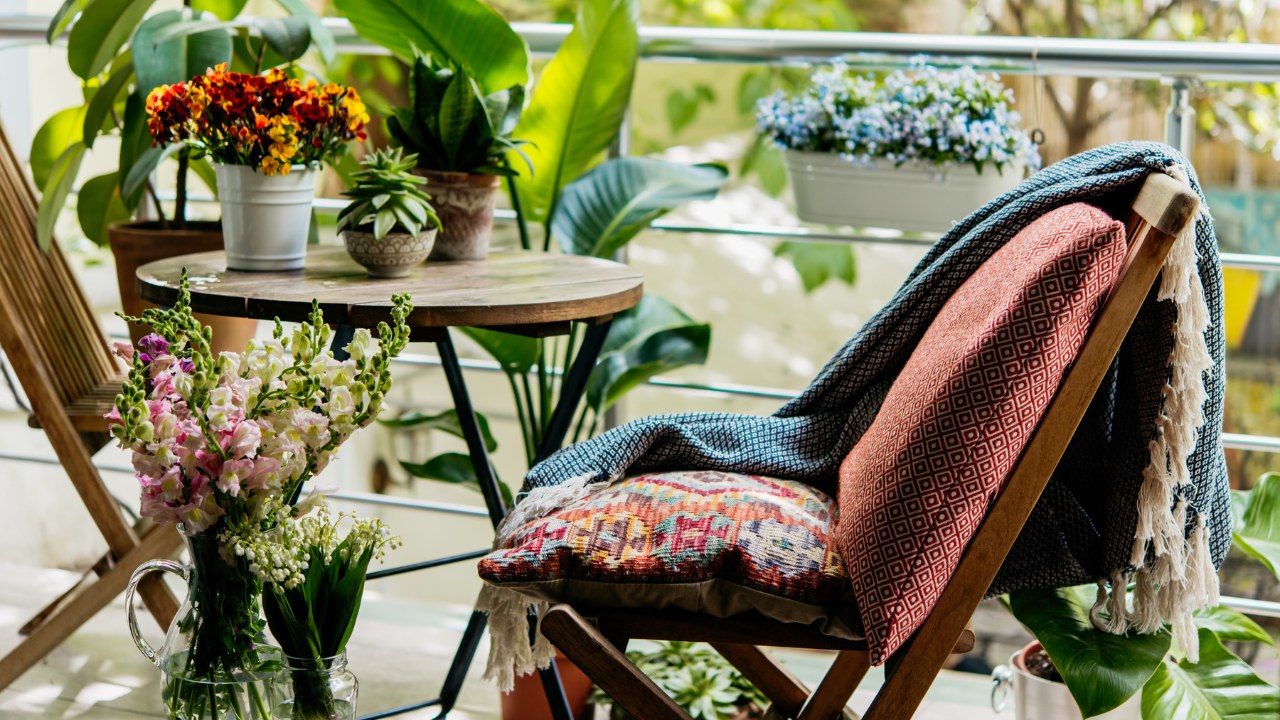
If you’re a keen gardener living in an apartment, you may be frustrated by the lack of outdoor space. With no yard to tend, how are you going to indulge your green thumb?
The good news is that you can be very creative with what you have. As long as you have a balcony, you can transform that area into a green space, and if you follow tips from those who have been there before, it can become a striking mini-garden.
All of these suggestions can be adapted to suit each balcony and can contribute to a garden that will be the envy of your neighbors.
Make the Best Use of Conditions
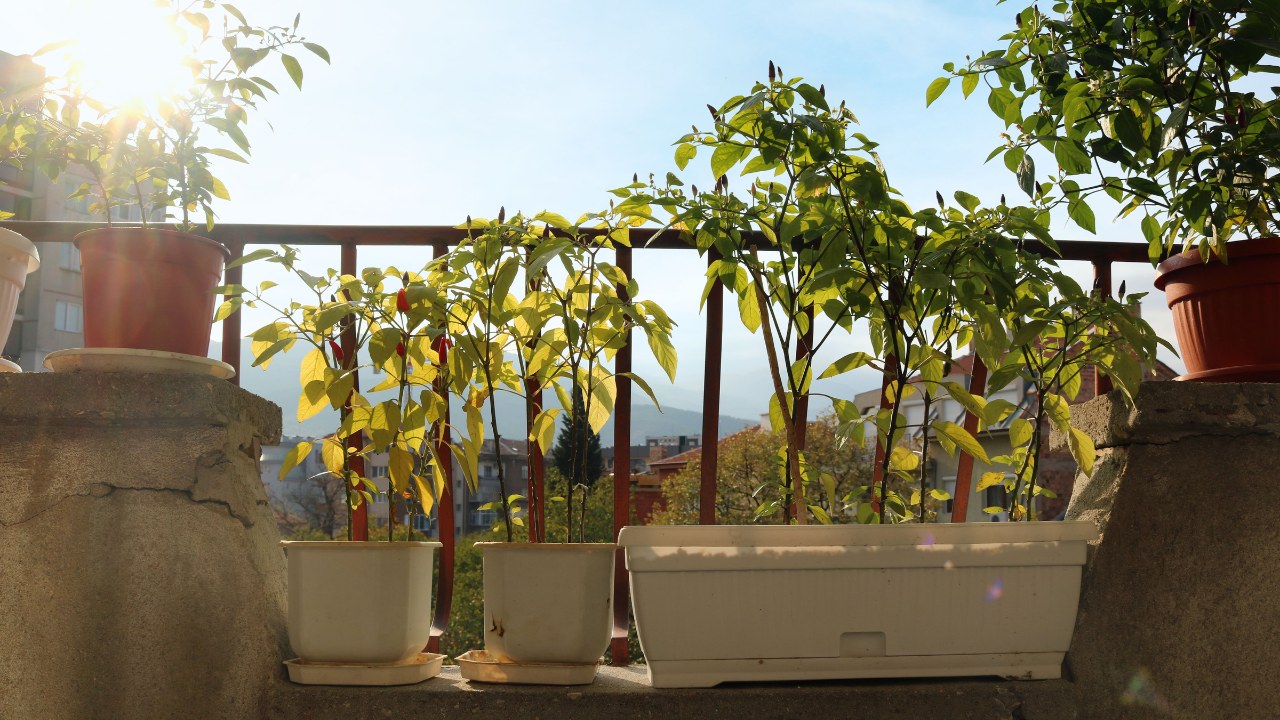
You need to be aware of how much sunlight your area will receive. Most balconies provide shade due to the floors above them, while those overhangs will also protect you from rainy conditions.
Aim to put sun-loving plants towards the front of the balcony, while those that prefer shade can be pushed further back. With little rain entering your space, you’ll need to water more frequently than you would if there was no protection from the elements.
Avoid Heavy Containers
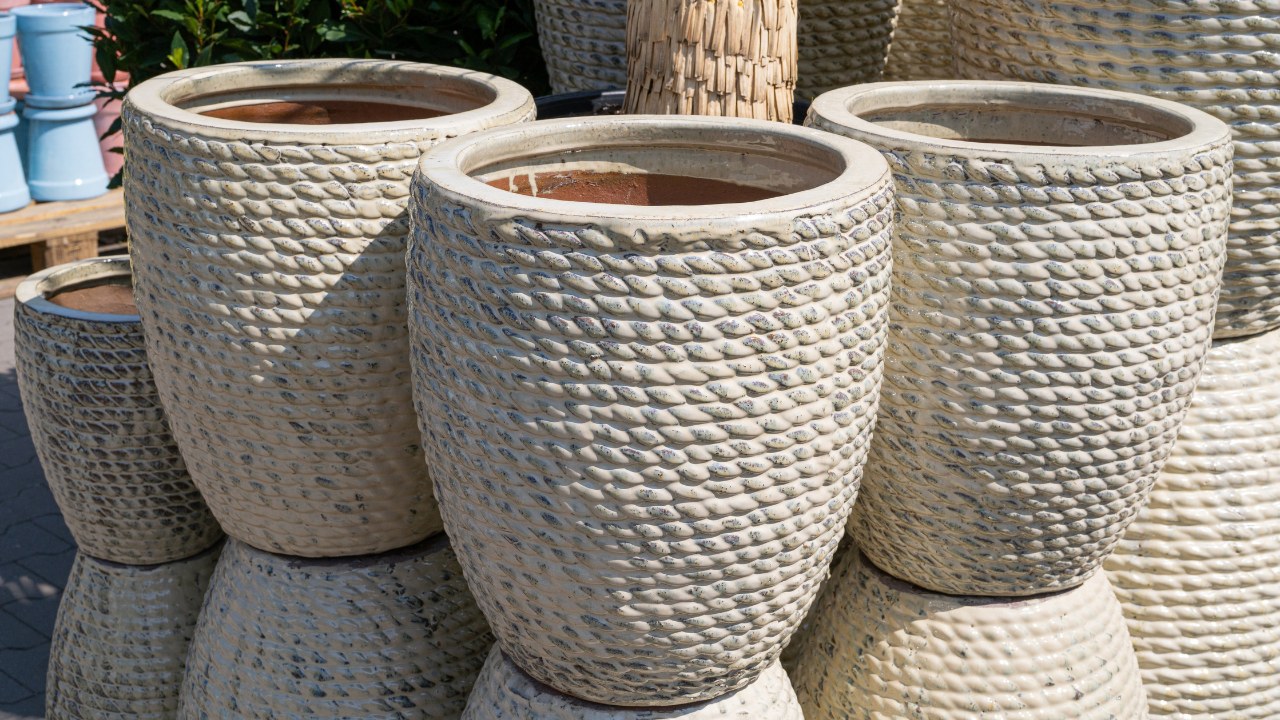
Ceramic pots are not practical for balcony gardens. The weight isn’t suitable for the surfaces and you won’t be happy transporting them up to your apartment when the lifts are broken. Look to use plastic or fiberglass pots instead.
The only issue with synthetic containers is that they are more susceptible to windy conditions. Look to secure them in place, so they won’t get blown over and damage their contents.
Use Hooks for Hanging Baskets
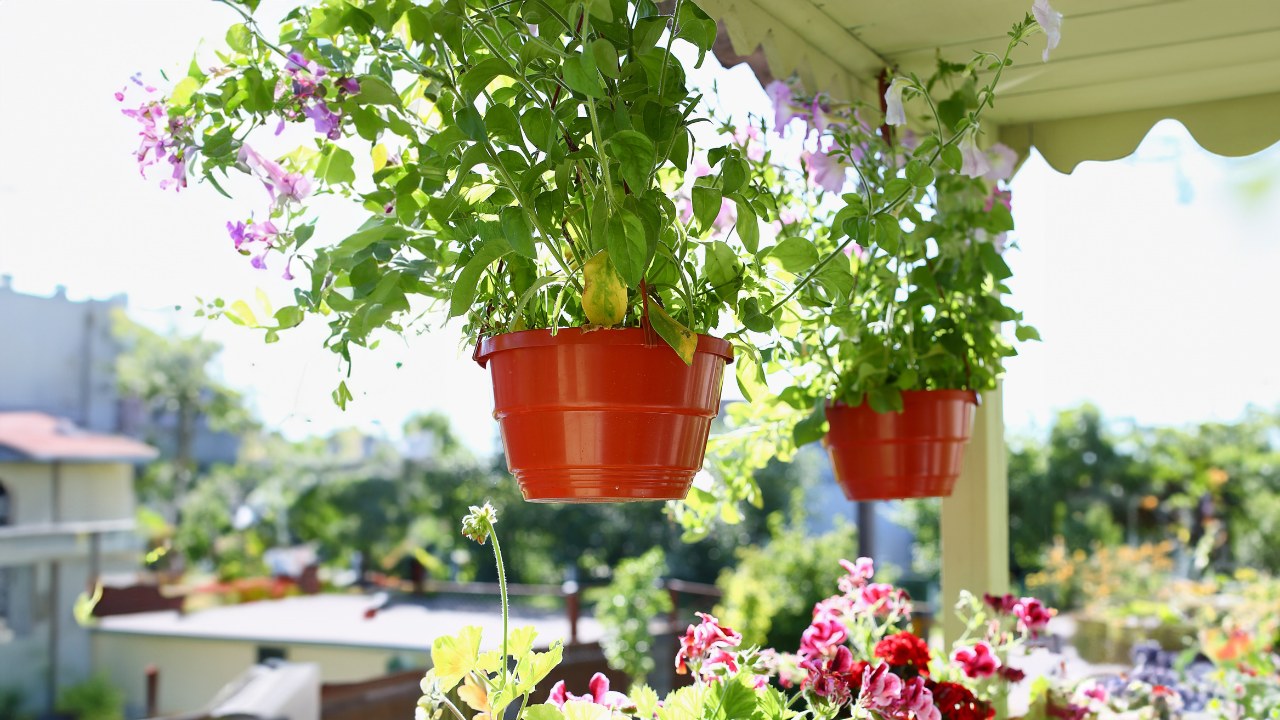
A sturdy ceiling, overhanging your balcony, is ideal for fixing hanging baskets. Make sure that the structure is secure and you’re not drilling into something that can be easily damaged.
Once your baskets are in place, you can choose from a range of beautiful plants. Fuchsia is a personal favorite as it comes in so many different shades and styles, but any suitable plant will help brighten up your balcony.
Be Conscious of Space
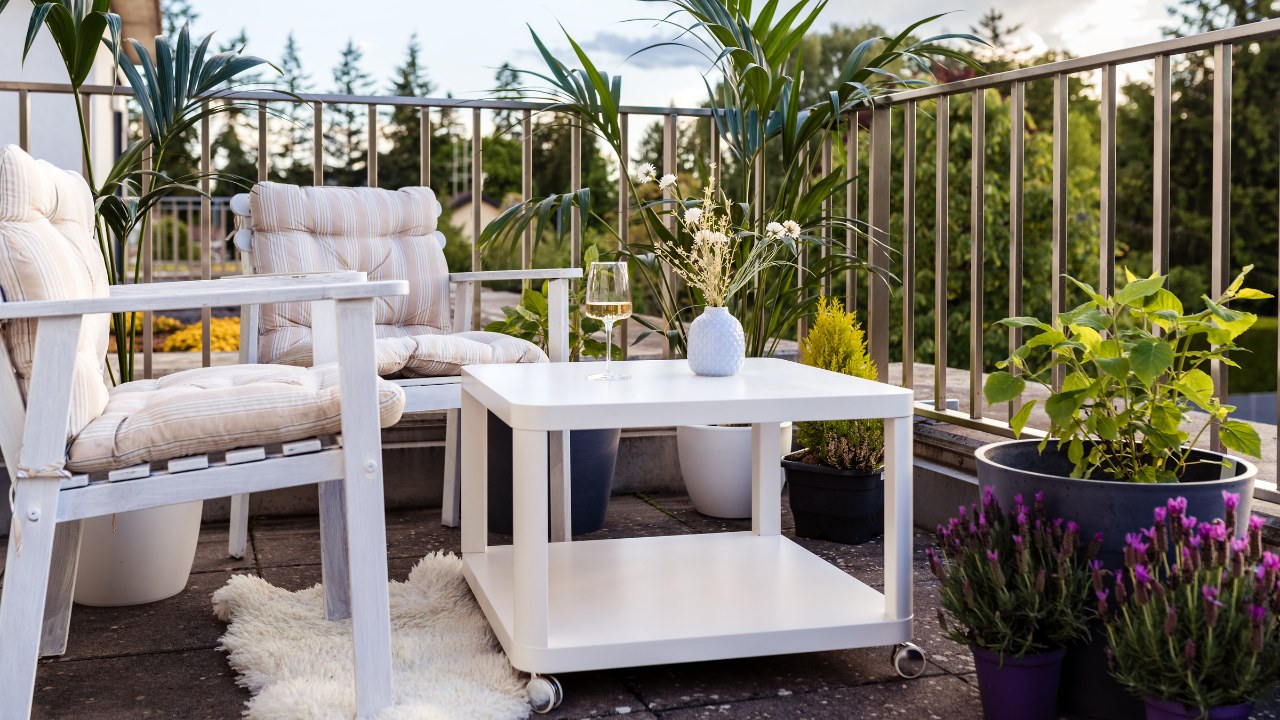
Gardening on a balcony naturally means you have limited space. There are height restrictions and you don’t want plants that will ultimately spoil your view.
Your purchases may be small now, but be sure to research how fast and tall they are likely to grow. Balcony gardens tend to employ smaller plants, and there are items to avoid, but the good news is there is plenty of choice.
Avoid Climbers and Trailing Plants
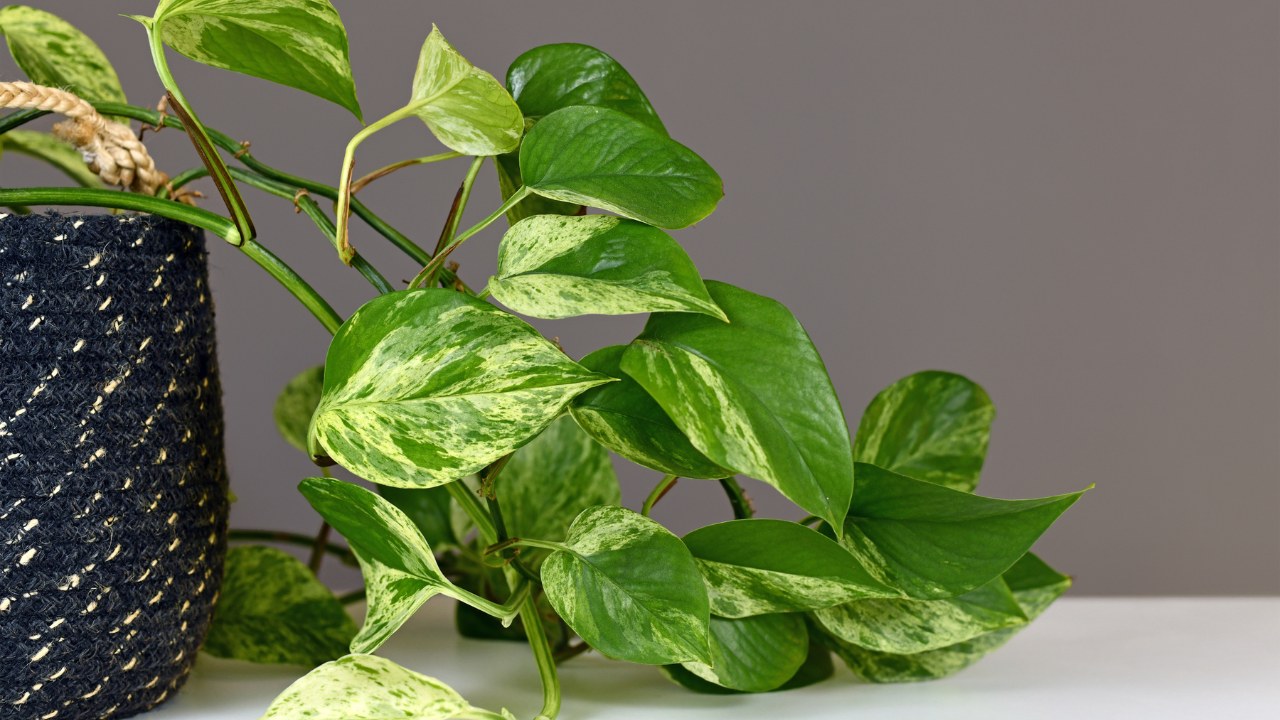
Your balcony area is restricted, and you don’t want your garden to upset the neighbors. Avoid using plants that will naturally attach to the walls and climb upwards. Those living above you won’t be happy if you plant intrusive ivy.
Similarly, you should also avoid trailing plants for the same reason. Stick to anything with limited growth that won’t enter someone else’s space.
Plant Miniature Trees
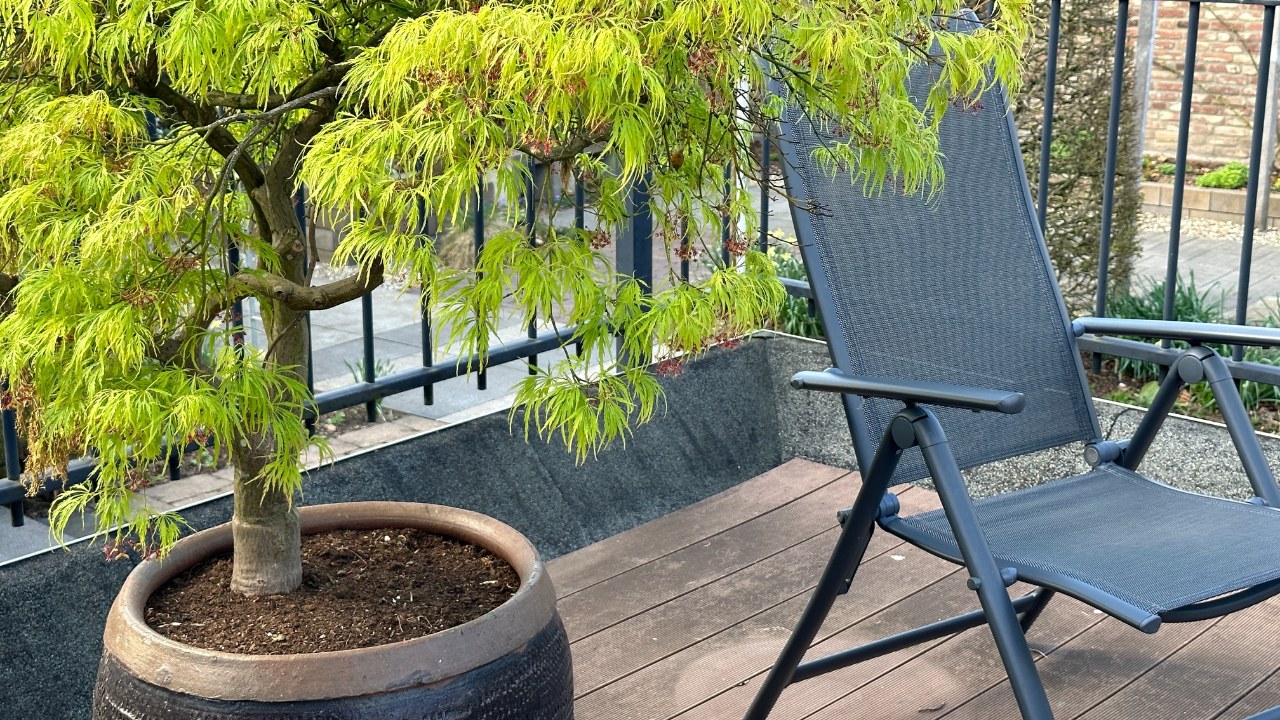
With those restrictions on height, dwarf trees are an attractive option for your balcony area. Make your selection based on conditions and how much sun you attract, but in a warm climate, dwarf citrus and olive trees are ideal.
Consider it as a bonus if they yield fruit, but even without a harvest, these are attractive plants that are bound to brighten up a small area.
Consider Fruit and Vegetables
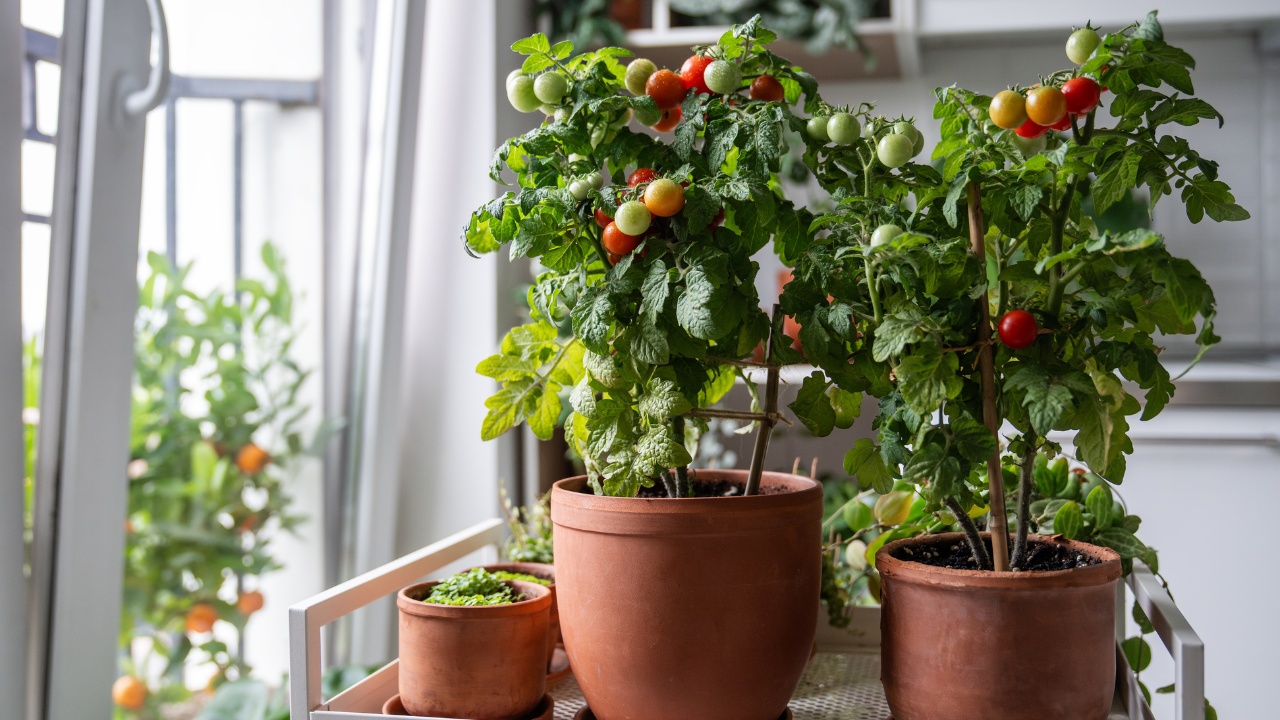
Nothing tastes better than homegrown produce, and your balcony may offer perfect conditions for certain fruits and vegetables. Tomatoes are fairly easy to grow for amateur gardeners, especially if your balcony is in a sunny spot.
In the right conditions, tomatoes can reward you with a bumper crop, and you can make soups, sauces, and salads as a reward for your hard work.
Prune Regularly
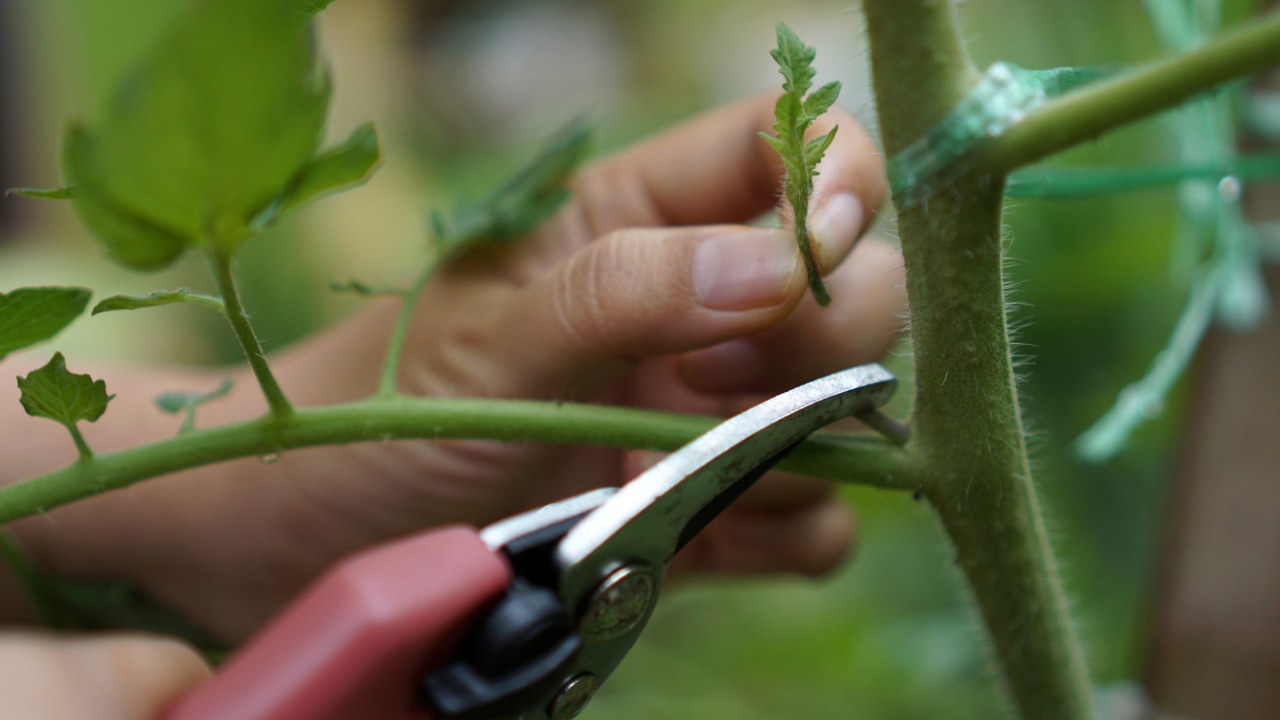
Balcony plants require more regular pruning than most. Removing dead leaves and flowers allows more energy to be spread around the remaining, healthy areas. This method is used by all gardeners and is essential for balcony growth.
With less moisture and the potential for drier conditions, dead leaves and flowers will appear more regularly, especially during those early days when you’re learning your craft.
Home Composting
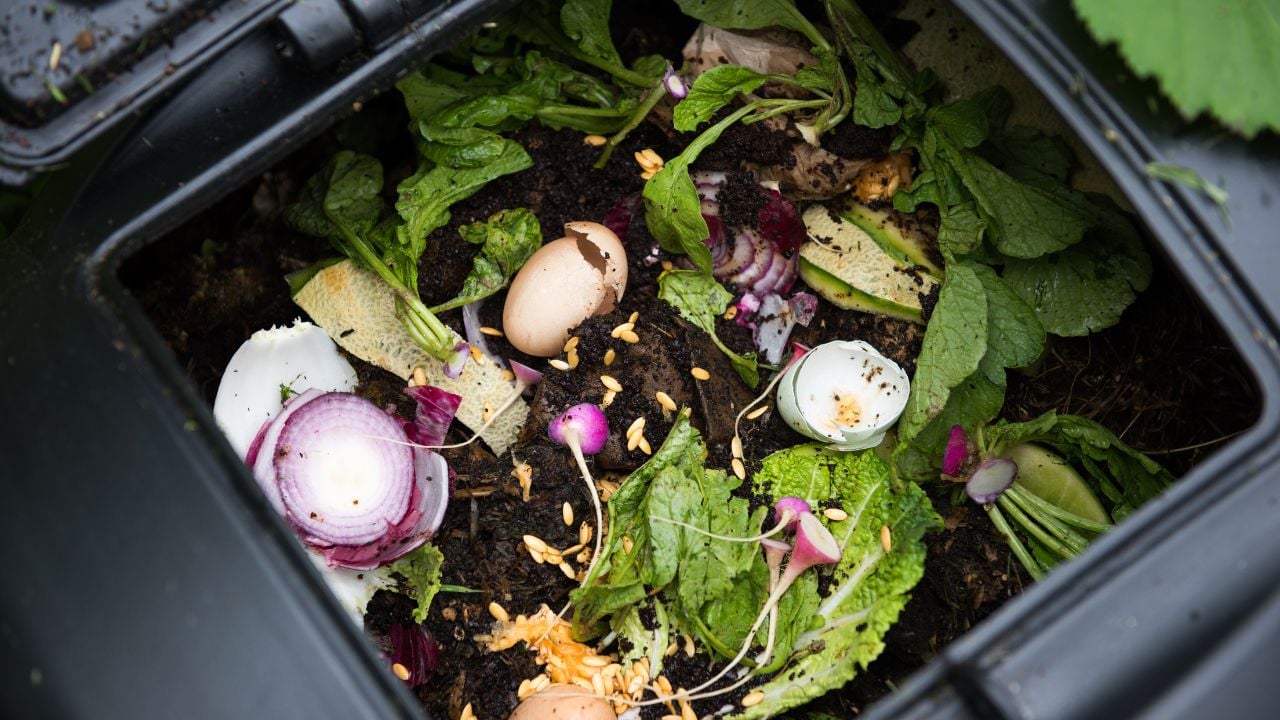
Despite your space restrictions, you can still maintain a composting bin. Just place a small container under your sink and place any vegetable peelings into it. You can also utilize used tea bags, as long as they don’t contain plastic.
When the container is full, dig it into your soil, and over time it will decompose. You’re putting food waste to good use while adding essential nutrients to that soil.
Design a Herb Garden
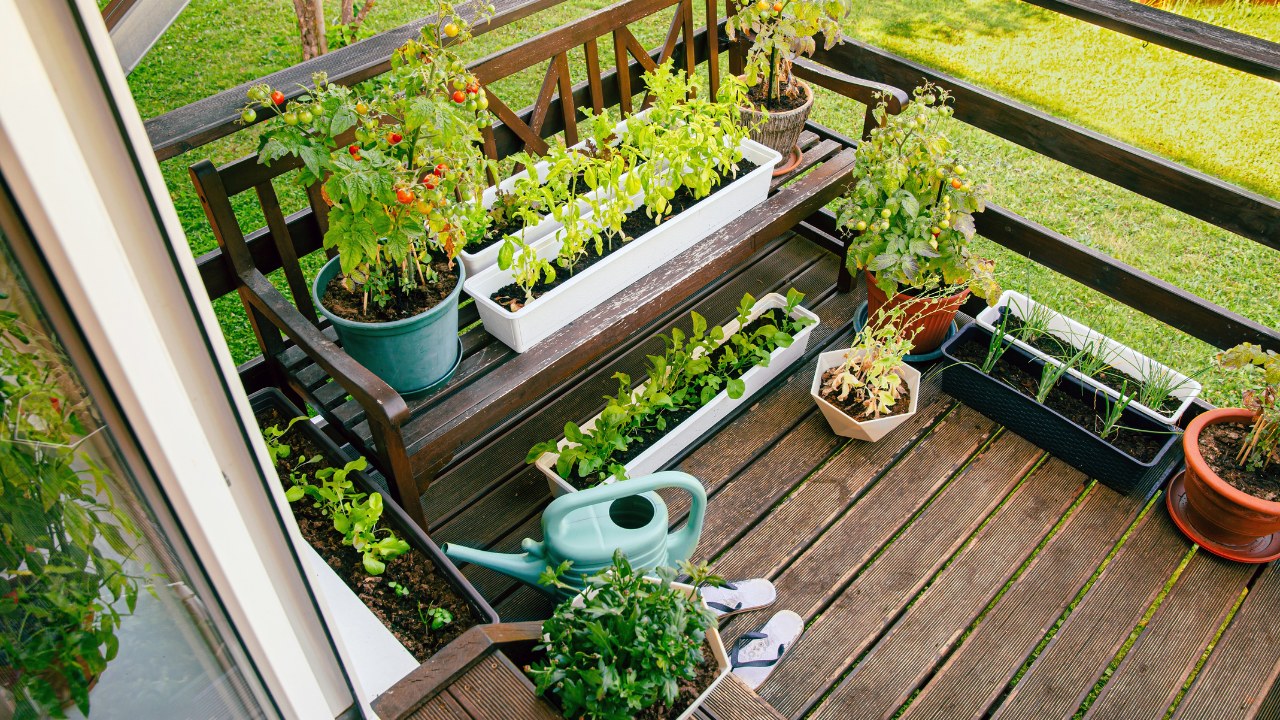
Those who want to grow more supplies for their kitchen can consider a variety of herbs. They don’t take up too much space and can be the answer if you desire a genuine kitchen garden in a small area.
If you’re planting fast-growing plants such as mint, keep them in a separate container. Other ideal herbs for balcony gardens include basil, oregano, parsley, and lemon balm. Like mint, lemon balm can also be invasive, so make sure all your herbs have lots of space.
Reinforce Your Boundary
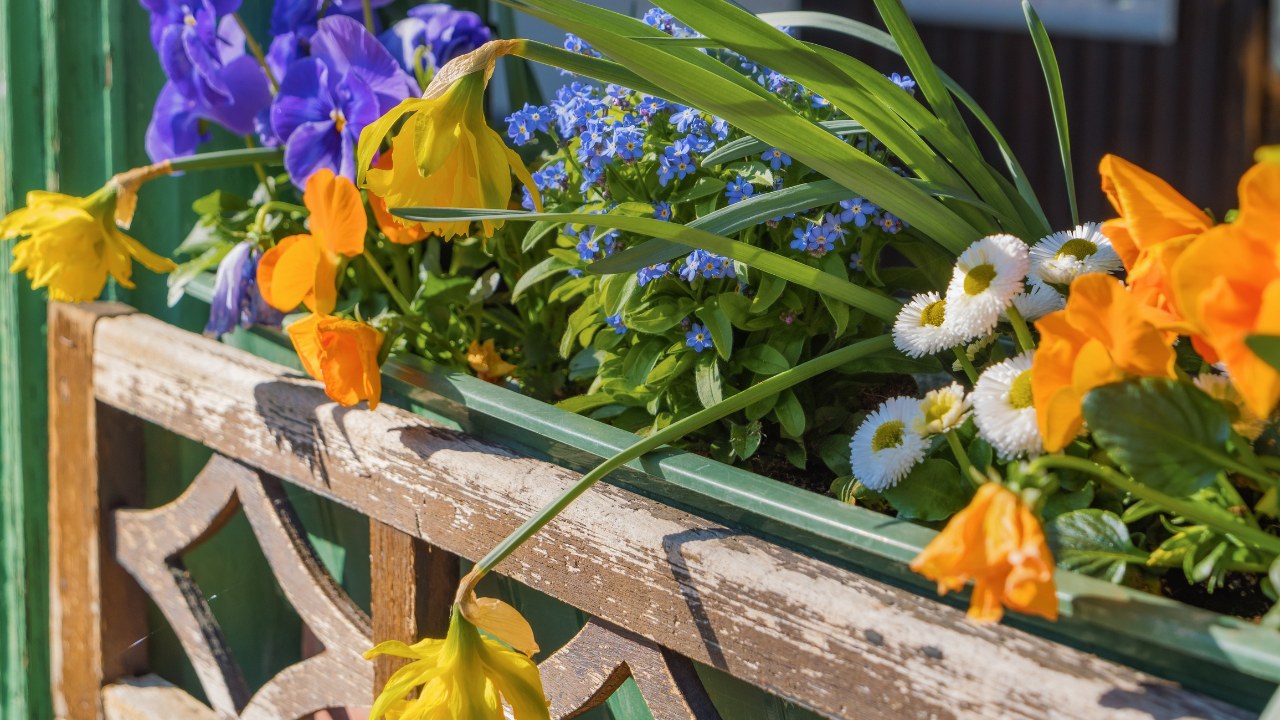
You don’t want any pots or plants falling over the edge of your balcony as that could end in disaster. Nobody is likely to be foolish enough to place items on the edges of railings, but you should be aware of any space that debris could escape from.
Look to reinforce your boundary, with some trellis or even some plastic sheeting. It’s better to err on the side of safety when it comes to balcony gardening.
Cleanliness and Drainage
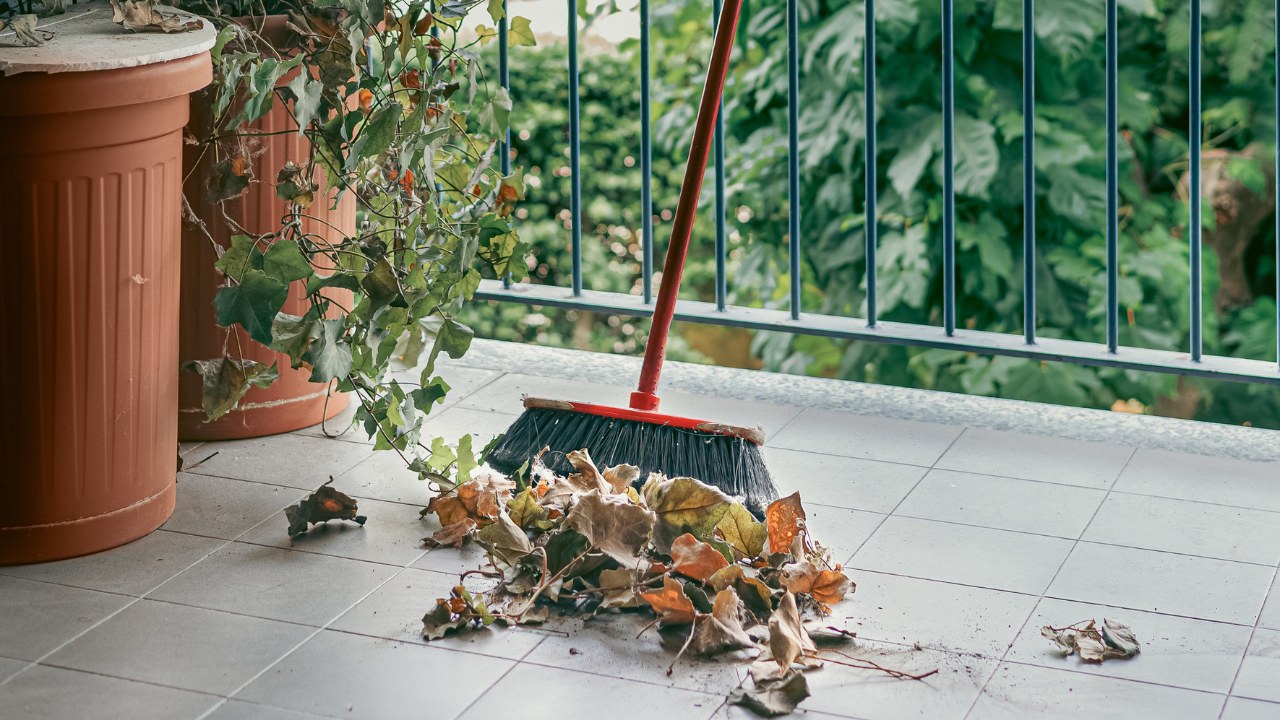
Balcony plants will need plenty of water, but they will also require good drainage. Waterlogged plants will quickly die, but that excess moisture can be a problem. Wet soil can make your surfaces dirty and unpleasant to look at, while excess water may drip down and annoy your neighbors below.
Aim to absorb water by placing rugs or towels beneath your plants. Clean the area regularly so that your surfaces remain in good condition.
Choosing and Safeguarding Tools
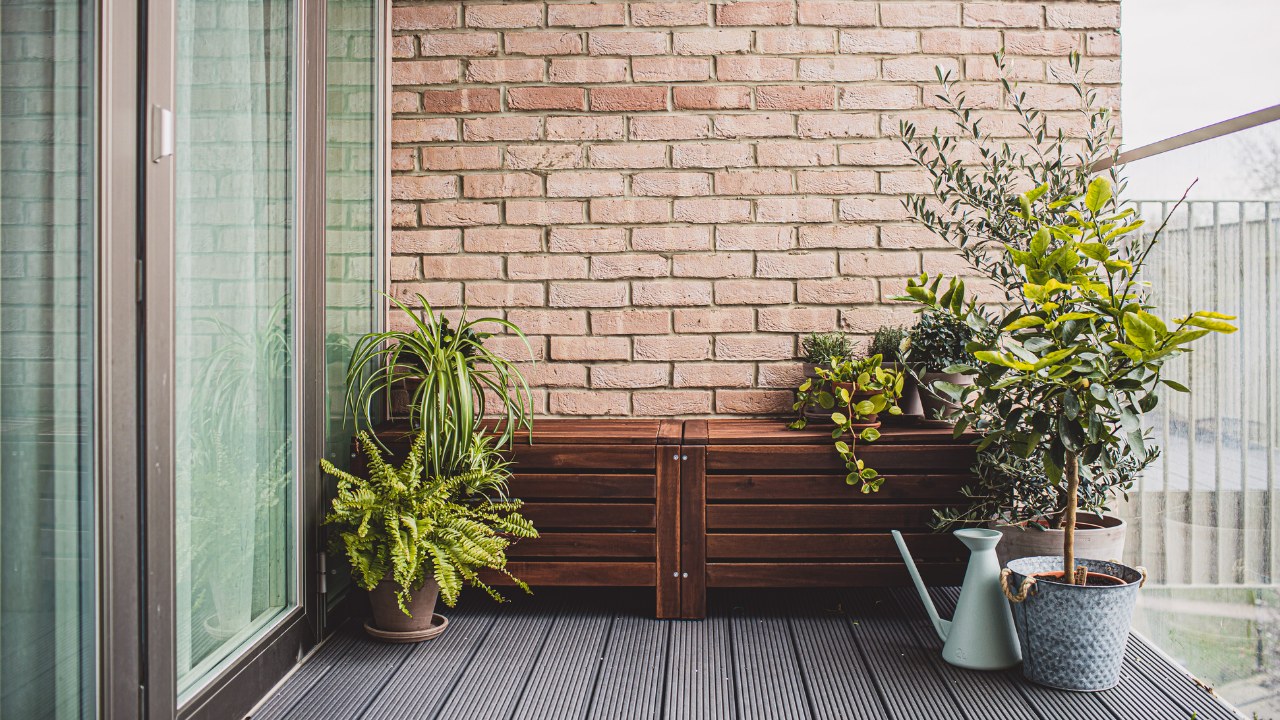
Those with a regular yard will likely store their tools in a garden shed, but the balcony gardener doesn’t have that luxury. Your tools should be smaller, and you won’t need large items such as rakes and mowers.
The most important thing to do is keep those tools safe from the elements. A small table with some drawers and shelves added would be ideal for secure storage.
Start Small
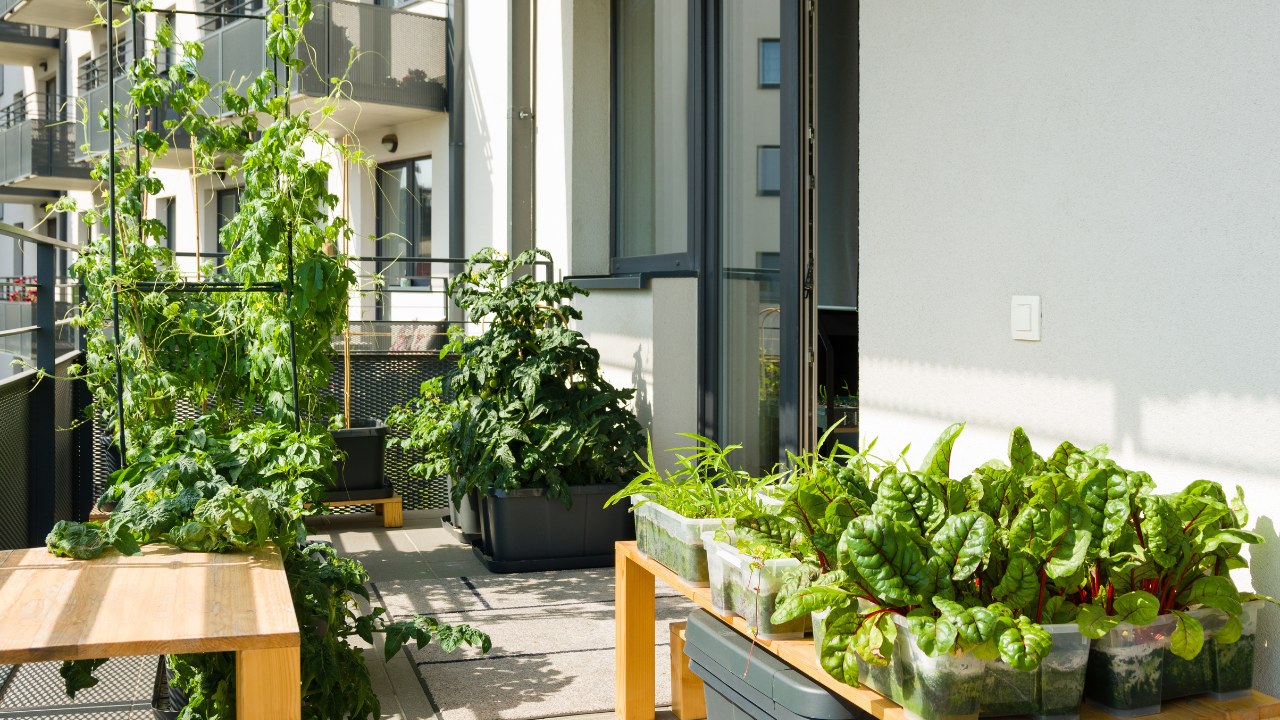
Balcony gardening is certainly challenging: The conditions and the lack of sunlight compared to open yards mean you’ll need to be patient, and there may be an element of trial and error to begin with.
It’s a good idea to start on a small scale, even with a solitary plant. See how that develops before expanding across the balcony. Learning from your successes and failures will help you perfect your craft.




